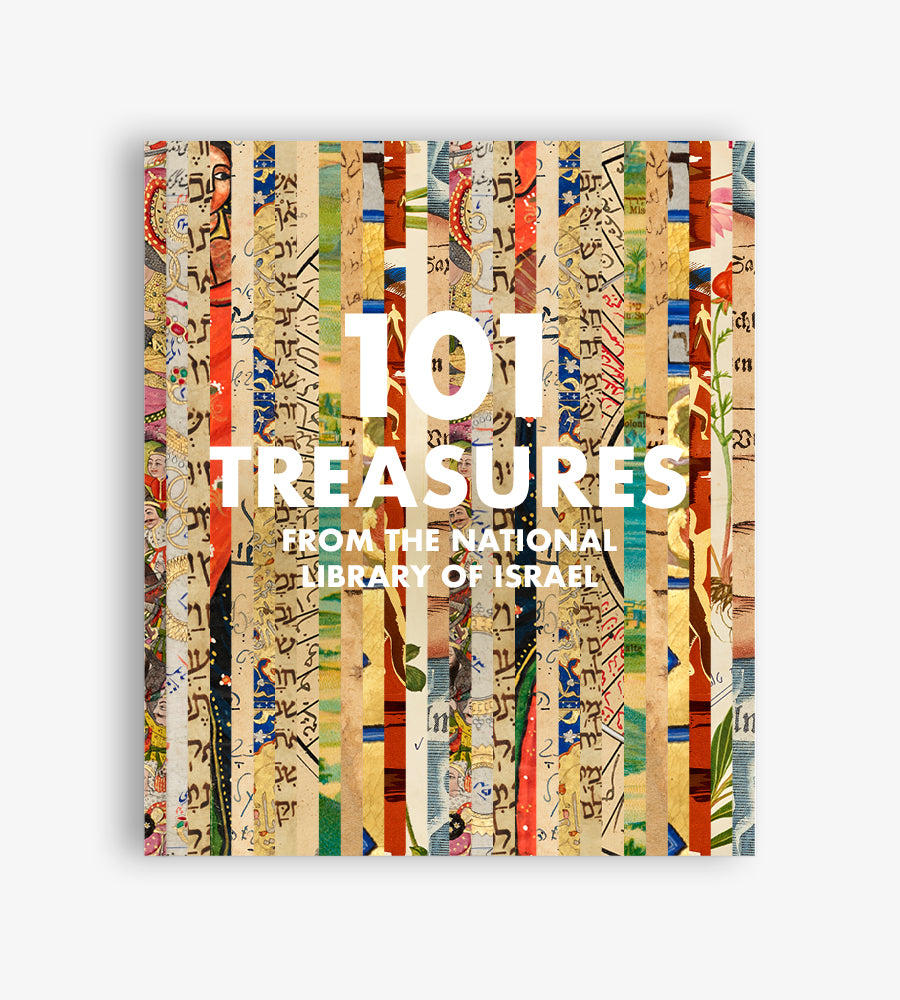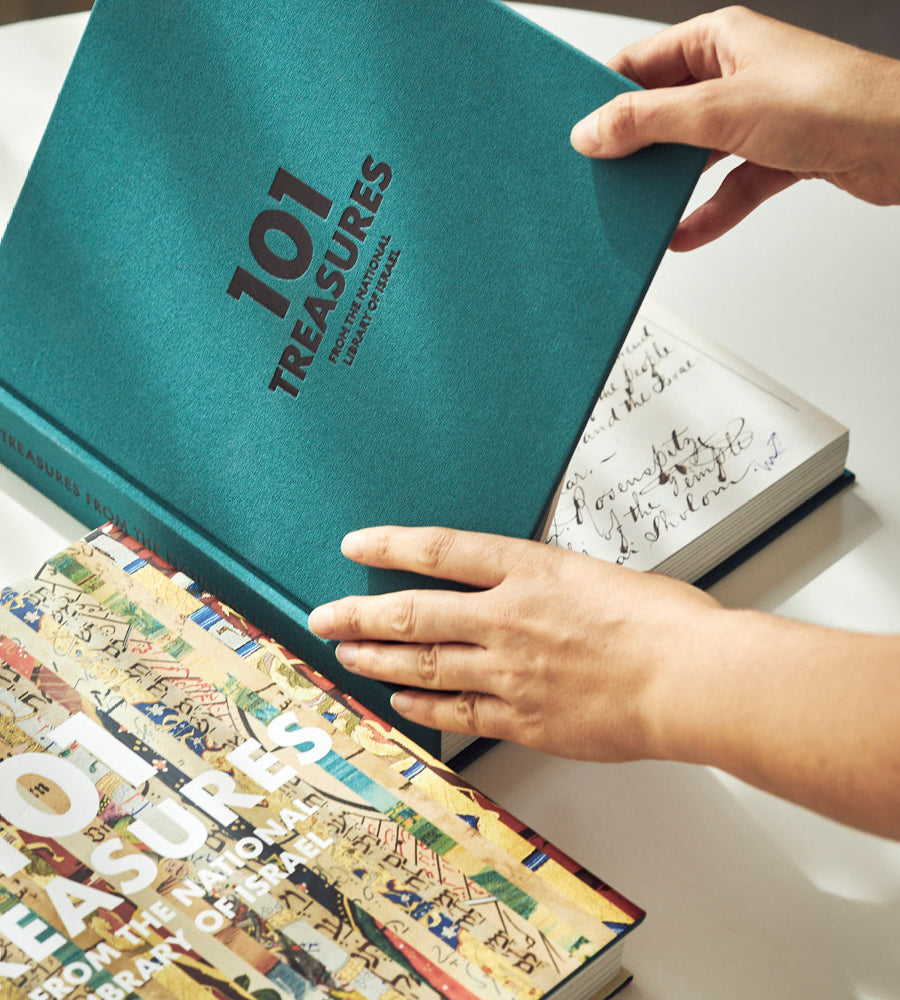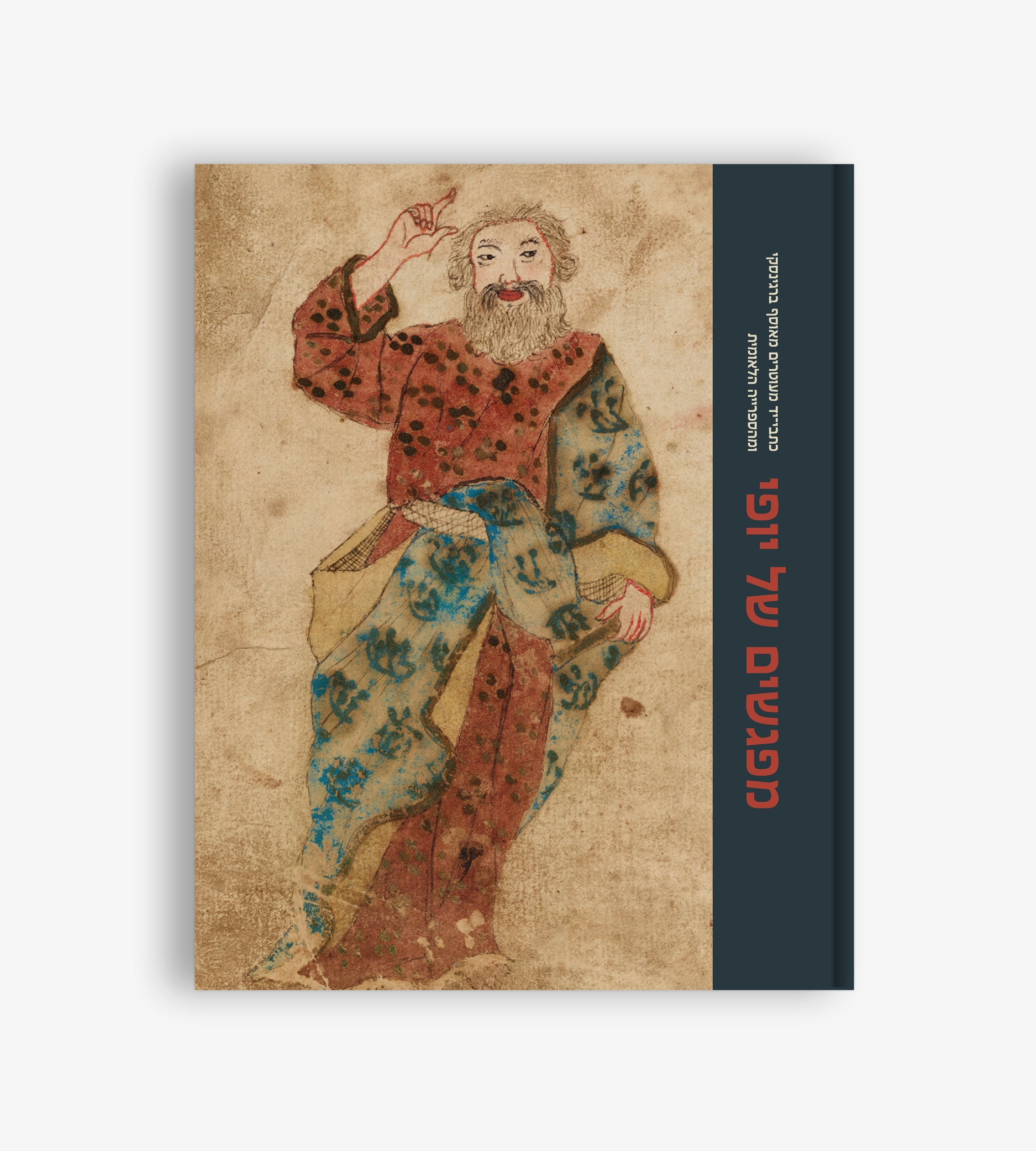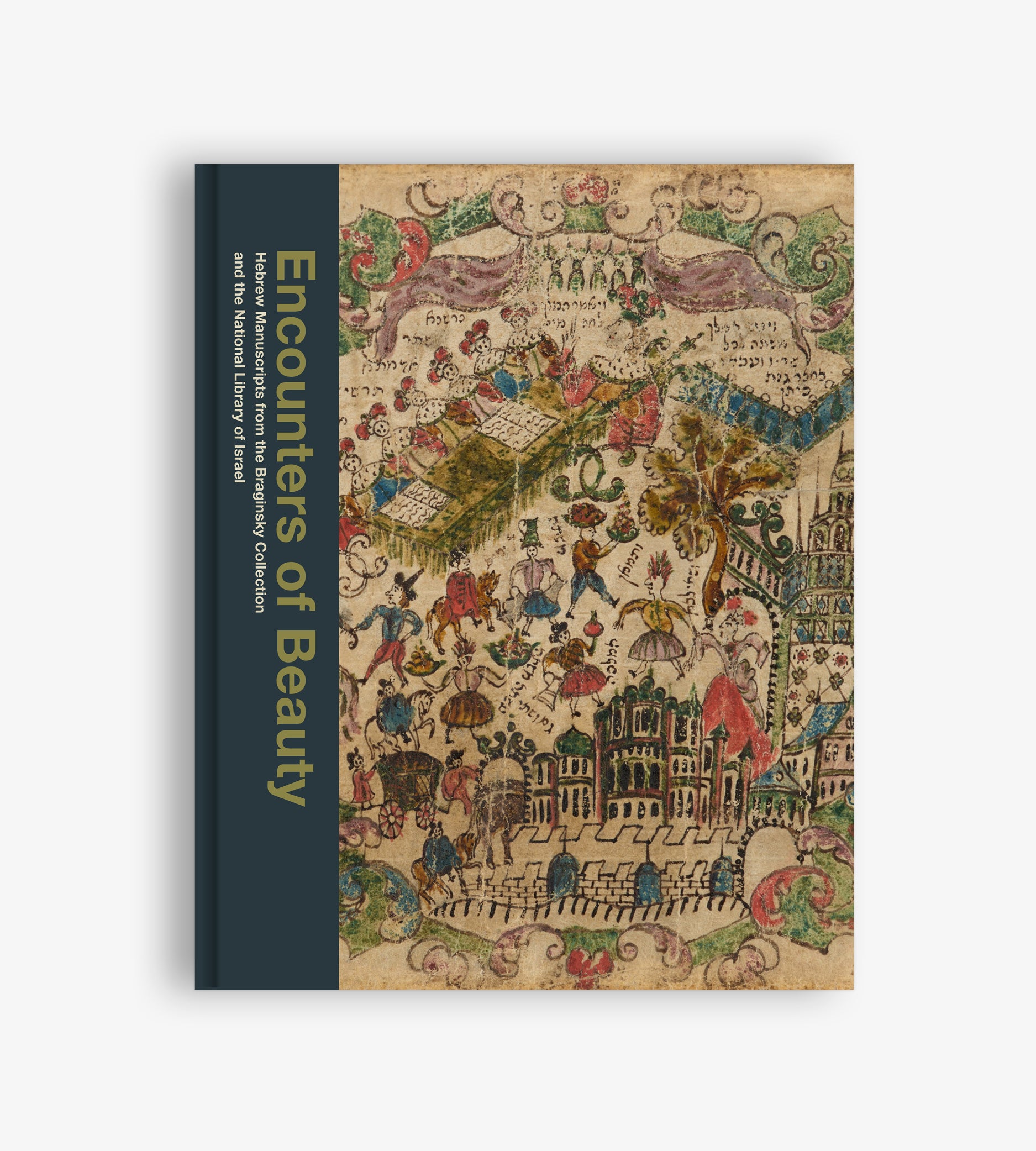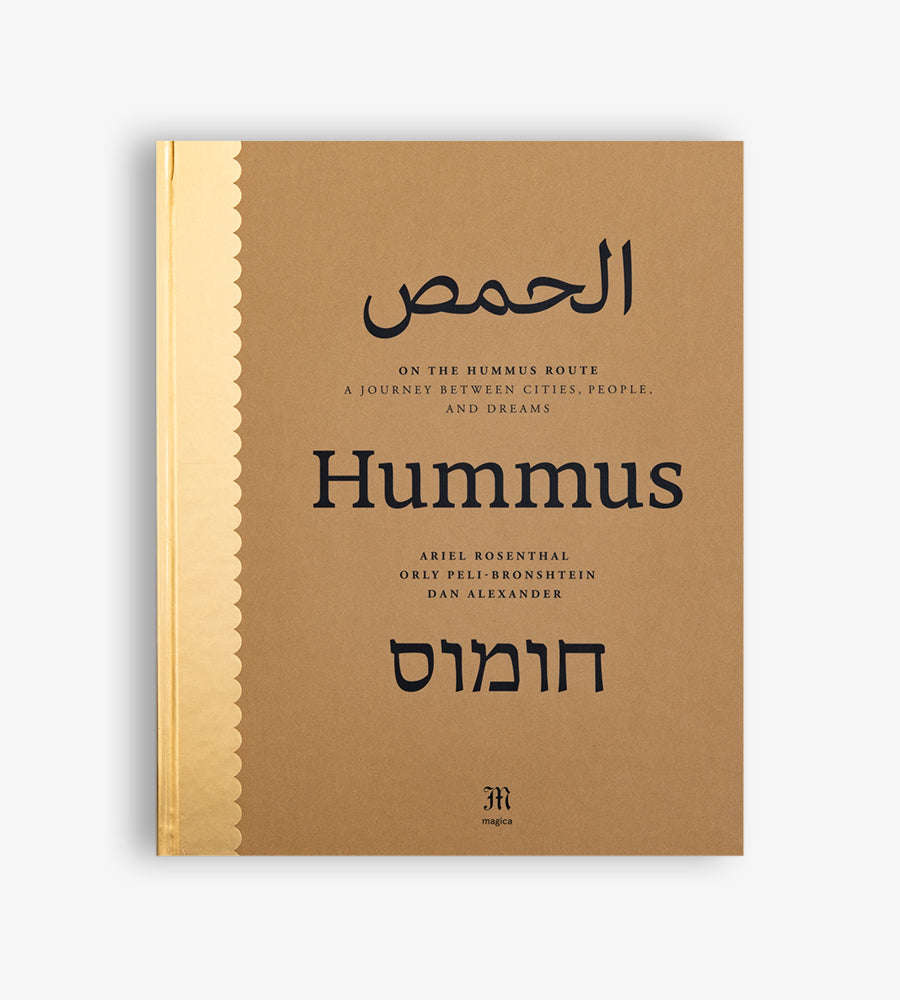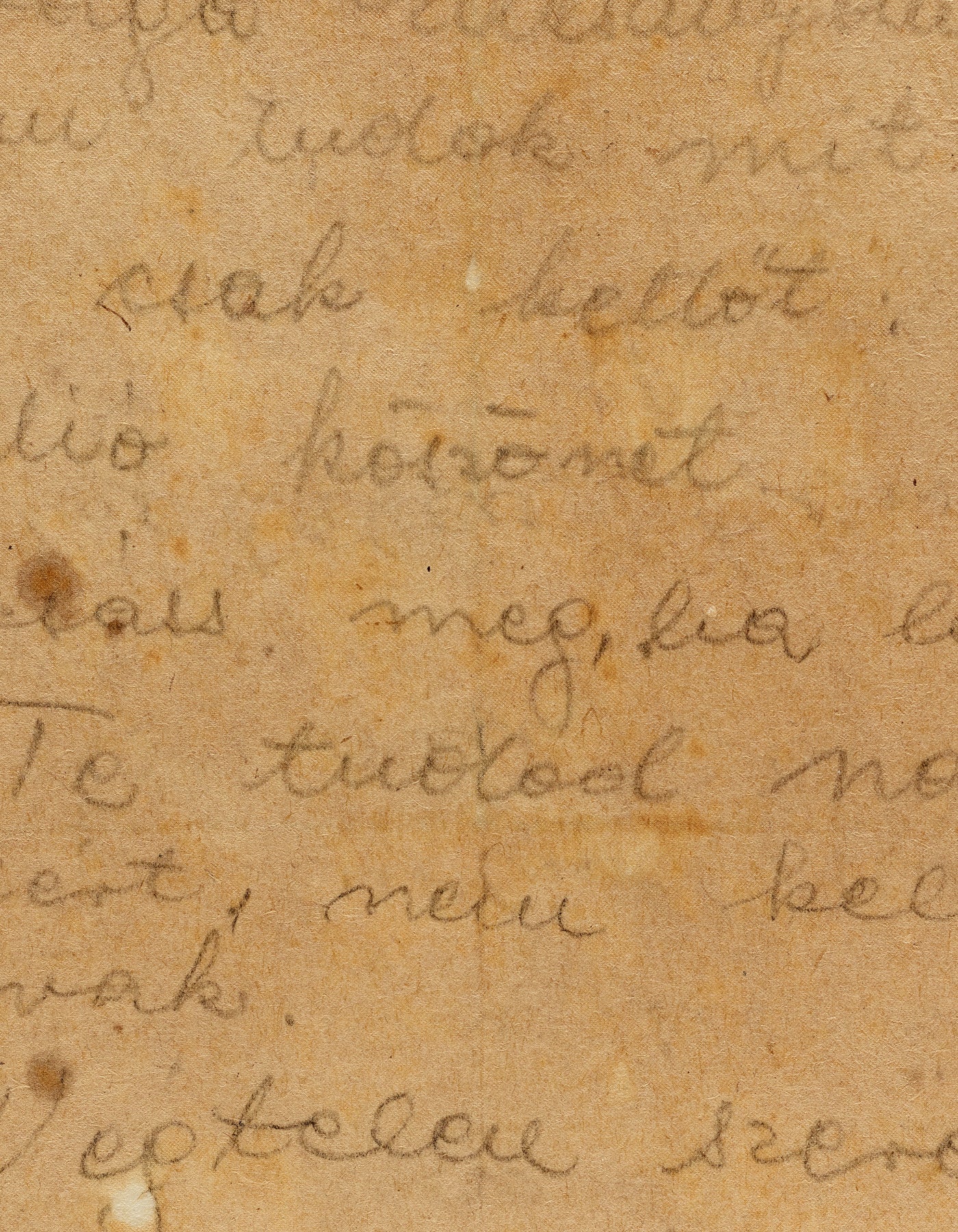
Beyond Heroism
Hagit Zimroni

“My dear, beloved mother,” wrote Hannah Szenes on November 7, 1944, from her jail cell in Budapest. “I have no words. All I can say to you is a million thanks. Forgive me if you can. You alone will understand why there is no need for words. With endless love, your daughter.” These words were scribbled hastily, shortly before Hannah was executed by a firing squad.
A few days later, Katherina Szenes received her daughter’s belongings from the Hungarian police and found the note that Hannah had tucked into the pocket of her dress alongside a scrap of paper containing the last poem she wrote. Katherina brought her last letters from Hannah and the rest of her daughter’s belongings with her when she immigrated to Israel a year later. This archive, along with Hannah Szenes’s personal items that had been left in Kibbutz Sdot Yam after she departed on her mission to Europe, were transferred to the National Library on the centenary of her birth.
The archive reveals her close relationship with her mother, especially after Hannah immigrated to the Land of Israel in 1939. In a letter from this period, Hannah describes her experiences, first at the agricultural school in Nahalal and later at Sdot Yam. In her diaries, she expresses her feelings of guilt and anxiety over the fate of her mother, left all alone in Budapest. Her concern for her mother’s welfare was one of the motivations behind her decision to embark on a parachuting mission in occupied Europe. Hannah’s last note, written after their final meeting in a Budapest jail, offers a moving testament to the love and care between mother and daughter as well as to their indomitable strength of spirit.


